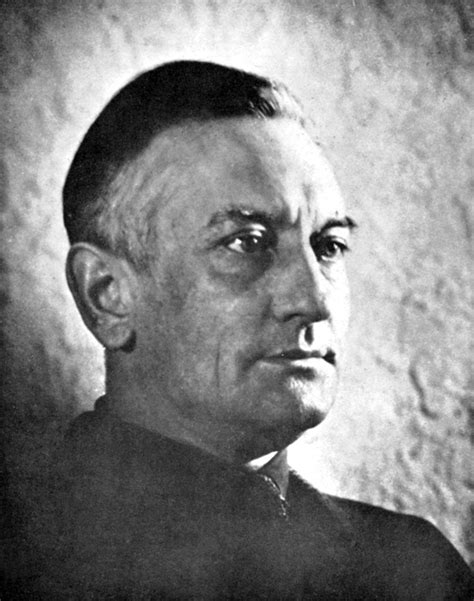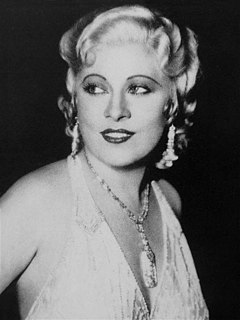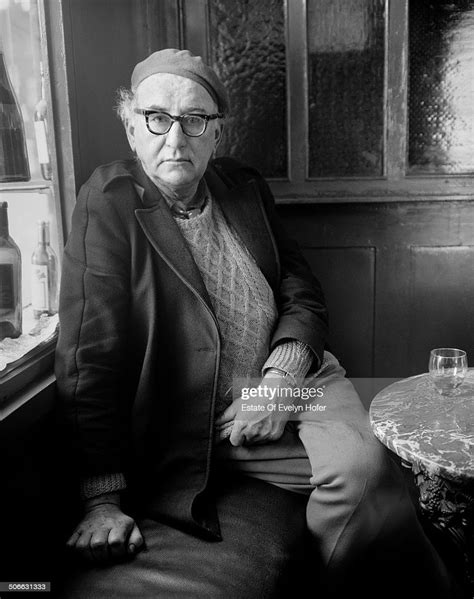A Quote by Mark Twain
Related Quotes
But the saddest difference between them was that Zazetsky, as Luria said, 'fought to regain his lost faculties with the indomitable tenacity of the damned,' whereas Dr P. was not fighting, did not know what was lost. But who was more tragic, or who was more damned -- the man who knew it, or the man who did not?



































